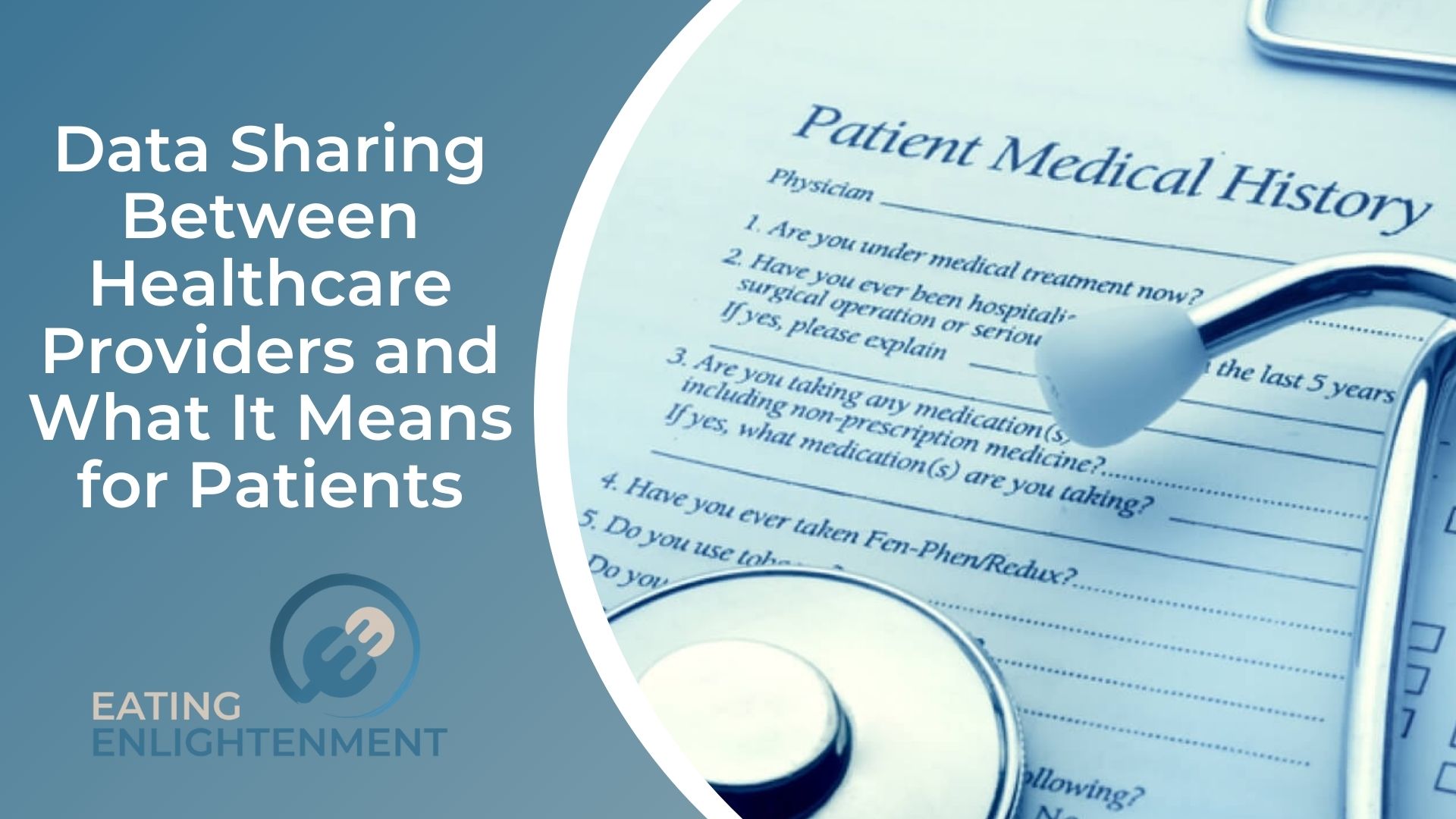In today’s digital age, medical data digitization is part of healthcare. It allows healthcare providers to store massive volumes of patient data accessible at the click of a button.
The ease in accessibility of this data has also made it significantly easy to share data between healthcare providers. Traditionally, sharing data was mainly out of the question, not because healthcare providers were unwilling to do it but because of the volume of data and the bulky nature of the then-available data storage mediums.
This guide focuses on modern-day data sharing among healthcare providers and what it means for patients.
What Is Data Sharing In Healthcare?
The best place to start when defining data sharing in healthcare is to understand healthcare data. Healthcare data means information obtained from a patient through gathering their medical history, diagnosis, test results, treatment plans, medications, etc. Data sharing is just as the name suggests; sharing information obtained from a patient.
The first type of healthcare data sharing is internal or sharing data across the departments and personnel in an institution. When sharing data across departments, most institutions rely on software that acts as the database and is accessible by authorized personnel, such as specialists, nurses, pharmacists, etc.
A good example is the EMR software for substance abuse agencies, which allows for easy data management and flow from when a patient is booked until they leave.
Sharing can also occur between healthcare professionals. For example, a patient was seeing Dr. A for a specific condition but needed to see Dr. B for further treatment for a different condition. Dr. B could ask to know the patient’s medical history, which would require Dr. A to share the patient’s medical data with them.
Data sharing between institutions doesn’t always have to be about a specific patient. Sometimes, healthcare providers share their data for research purposes and to advance patient treatment procedures and techniques.
What Does It Mean For Patients?
Improved Overall Patient Care
Improving overall patient care is probably the most obvious of all the benefits of healthcare data sharing. Over the years, healthcare providers have been sharing data which has helped in advancing the healthcare sector in a big way. With increased ease of sharing, improvements in overall healthcare provision have and will continue to see significant improvements.
Some areas where data sharing has brought significant improvements include a better understanding of diseases and treatment procedures, speedy diagnosis, and quick access to second opinions from other health practitioners.
Lower Costs of Medical Treatment
Health practitioners and institutions can keep the costs of medical treatment low because they do not have to conduct research for every disease there is.
Instead, healthcare providers rely on data and research findings shared by their peers, helping avoid duplicated efforts and wasted spending. This way, healthcare providers can keep the cost of accessing medical treatment affordable to patients.
Enhancing Continuity of Care
As mentioned earlier, data sharing facilitates the improvement of patient care in general. But it gets better than that when one patient’s data is shared among health care providers because it allows a provider to get a holistic view of a patient’s medical history, enhancing continuity of care.
Also, sharing data ensures that every health provider that offers care to the patient is aware of allergies, medications, and previous treatments, which helps avoid mistakes and redundant procedures, minimizing the time and money spent by the patient.
Personalized Treatment Plans
Every patient is unique, and their healthcare needs can vary widely. However, doctors can always rely on past cases to solve current and future problems. Data sharing allows for creating large pools of medical histories critical in identifying patterns healthcare providers can leverage to develop precise, effective, and patient-centric interventions.
Personalized treatment plans become even more effective when specific patient data is shared among providers offering care because every provider will know exactly what they are dealing with.
Risks of Sharing Healthcare Data
No doubt, sharing health care data comes with many benefits. But it has risks, too, the most significant being patient privacy and confidentiality. Data sharing across healthcare providers means more people have access to a patient’s private information, increasing the chances of the information getting into the wrong hands and being used against the patient or institution.
Leaked patient healthcare data can feel like a betrayal to a patient, which would mean losing their trust in an institution that is not good for business. When it gets into the wrong hands, it could find its way to the patient’s insurer, who can then use it to deny them coverage or have their premiums adjusted upwards.
To mitigate these risks, healthcare providers must follow proper protocol when sharing data, such as ensuring that only authorized personnel can access data. Also, the patients involved must be informed about how their data will be used, and any unauthorized sharing may violate their rights.



